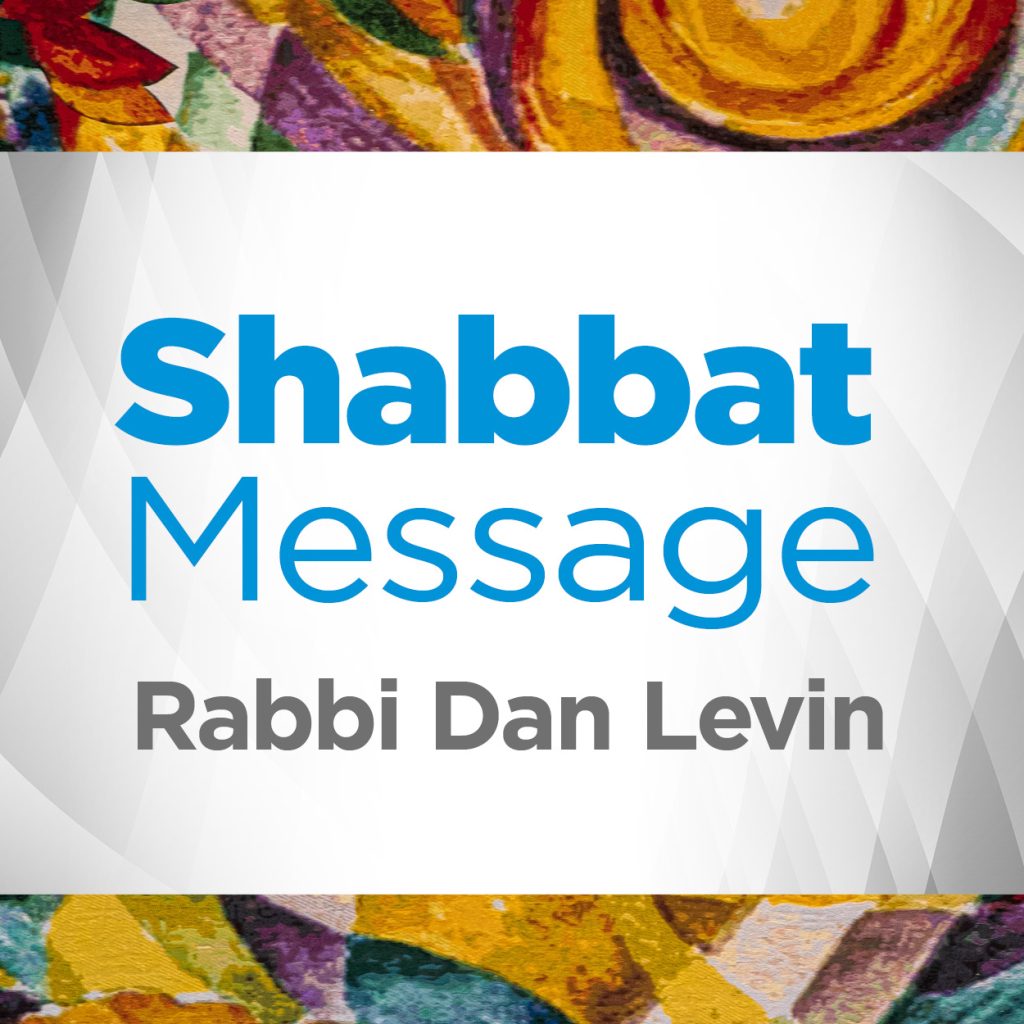“Look around, and tell me what miracles you see.”
The young visitors gazed all around, eyes wide open to wonder.
“The trees!” said one little girl. “The plants!” said a little boy. “The clouds!” said another. There was a little silence, and then one little hand went up. “Us.”
I love bringing children into the Sukkah. I love placing their little hands on the Lulav and Etrog, and guiding them first to the east, then south, then west, then north, up and down.
The Lulav and the Etrog help us see what is always there to see, if we would but open our eyes in awareness. Our world is a cornucopia of blessing and wonder. The abundance of miracles that sustains us in any given moment is overwhelming.
I think that’s why the rabbis chose this week’s special Torah portion from the book of Exodus.
Having resolved the debacle of the Golden Calf, Moses returns to Mount Sinai. “Now, if I have truly gained Your favor, pray let me know Your ways, that I may know You…” (Exodus 33:13) Then later, Moses asks, “Oh, let me behold Your Presence!” To which God responds, “I will make all My goodness pass before you…” (Exodus 33:18-19)
The rabbis struggle with this passage. What does Moses really want to see? What is it about God’s “ways” that Moses seeks to understand?
The Talmud in Berakhot 7a suggests that what Moses really wants is to know how Divine justice works – why do some people suffer and others prosper?
It has been more than four years since the massacre at Marjorie Stoneman Douglas High School in Parkland claimed the lives of 17 innocent victims, wounding another 17. Yesterday, the jury finally returned a verdict on the sentence for the murderer – life imprisonment rather than the death penalty.
If there were ever a crime that would seem to cry out for the death penalty, wouldn’t this be the one?
But a few of the jurors believed the mitigating circumstances surrounding his mental illness made it impossible to impose the death penalty in this case.
Our sages were deeply skeptical of the death penalty. In the Mishna, Rabbi Eliezer ben Azariah said that a court that imposes the death penalty once in seventy years is a murderous court. But at the same time, the rabbis also understood that certain crimes are so heinous as to warrant the most extreme consequence human justice can offer.
I ache for the families of the precious children and teachers who continue to mourn their loved ones, who over the course of months endured a trial that laid bare the inconceivable horror of that day. Fred Guttenberg, father of Jaime Guttenberg who was 14 at the time, wrote: “With regards to the verdict, I have been asked if I have closure. I do not. Nothing will ever bring closure to the reality that I visit Jaime at the cemetery.”
Where is the Lulav for these families to see God’s goodness in their world? In what direction should we point them to understand God’s ways?
Because a life is at stake when considering the death penalty, the Talmud teaches we must take utmost care because: “whosoever destroys a single human life, he is guilty as though he had destroyed an entire world.”
Seventeen worlds were destroyed at Marjorie Stoneman Douglas High School on February 14, 2018. Turning his gun in every direction, he destroyed miracle after miracle after miracle.
The victims’ families look around their homes and see signs of the miracles they lost. So should we on this Sukkot, let the Lulav and the Etrog open our eyes to the holiness of the miracles that surround us each day – not simply our own loved ones, but all those we encounter in the course of our days and years.
Let this festival heal our hearts with awe and wonder. And may the Lulav and Etrog point for us the way to heal our broken world with understanding, love, and gratitude for the holy gift of life.
Shabbat Shalom,








